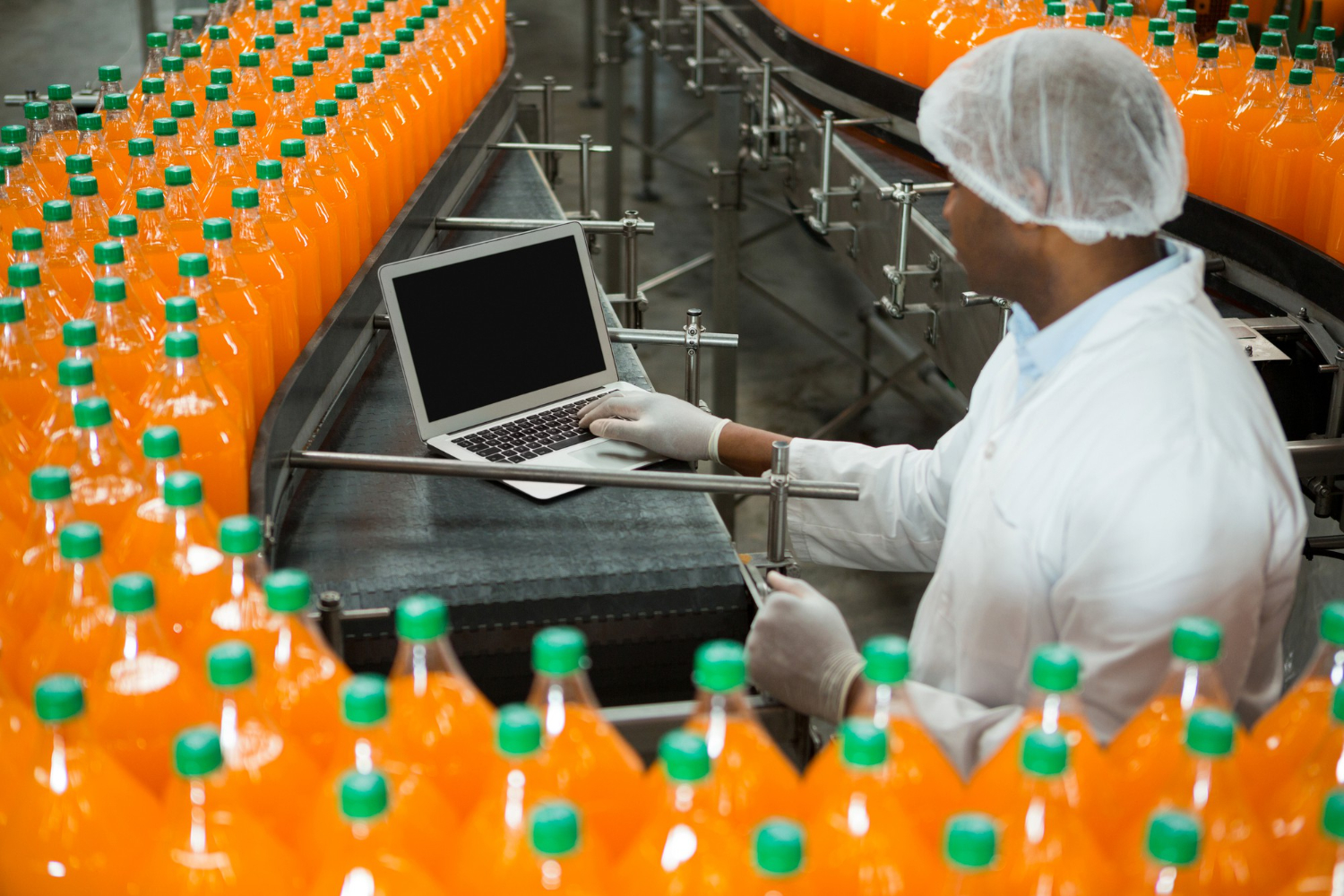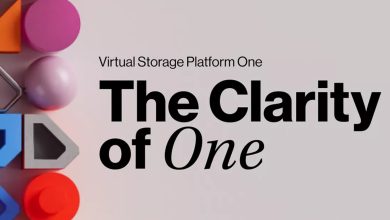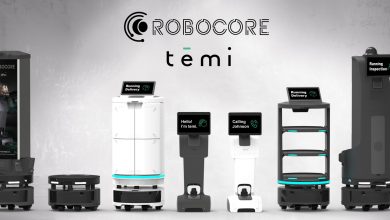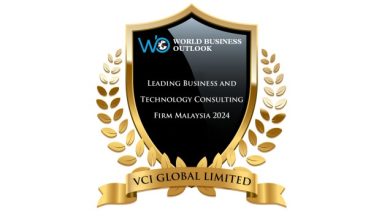How Is Technology Transforming the Food & Beverage and Halal Sector?

In this digital age, simply mastering the grill and creating delectable meals isn’t sufficient. A successful food business demands much more. You must efficiently manage orders, engage customers through multiple channels, maintain inventory, and provide varied payment options. Additionally, you’ll need to ensure a seamless supply chain, manage diverse processes, and adhere to local quality and health standards.
And, of course, be prepared for the myriad challenges that inevitably arise along the journey.
This is where technology comes in, as innovation gives you the tools you need to address these pain points well enough so you can ultimately focus on the one thing that matters most in the food business: Making good food. This, in turn, will allow you to make it big in the food and beverage industry and the halal sector.

Simply put, technology is revolutionising the food and beverage and halal sector by empowering you to overcome the inherent challenges of operating a business in this industry. Among these challenges are:
- Supply Chain Complexities: The supply chain is becoming increasingly complex due to globalisation, requiring meticulous coordination across various regions, transportation modes, and regulatory frameworks. There are also supply chain risks and supply-and-demand fluctuations to consider, along with environmental considerations. This intricate web of factors can become overwhelming, leading to potential disruptions and gaps within the supply chain.
- Slow to Embrace New Technology: The industry’s adoption of the latest technologies can be sluggish, primarily due to the prevalence of legacy systems among established businesses. Consequently, there is often hesitancy to embrace change and implement newer solutions due to the substantial investments required for system upgrades, the need for employee retraining, and the inherent risks of disrupting established workflows.
- Stringent Compliance Requirements: Food and beverage establishments are mandated by law to follow strict compliance requirements—food safety standards, hygiene guidelines, quality control measures, product labelling requirements, and traceability, among others. This is especially true for the halal food industry, where adherence to Islamic dietary laws and certification standards adds an additional layer of regulatory scrutiny and consumer trust.
The Game-Changing Role of Technology in Addressing Pain Points
As highlighted, technology serves to address the aforementioned pain points and equip businesses to navigate potential disruptions. However, it’s important to exercise discernment in selecting and implementing technology solutions for your food and beverage business. Rather than indiscriminately adopting every available technology or engaging with every tech vendor, it’s crucial to choose judiciously.
Look for solutions that are tailored to the industry yet comprehensive enough to optimise operational efficiency. These solutions should streamline processes to ensure prompt, fresh, and cost-effective product delivery while also accommodating Halal requirements, if relevant to your business vertical.
Enter Azentio ONEERP: Your strategic partner in overcoming challenges. Azentio ONEERP was built from the ground up to provide unparalleled features aligned with the standards of the food and beverage industry, ensuring peace of mind by guaranteeing the authenticity of the Halal items your organisation distributes.
By leveraging Azentio ONEERP, organisations can expand their offerings without the need for extensive service development. This enables seamless integration, even for those reluctant to adopt new technology, while streamlining their ability to scale operations and diversify products. In essence, it serves as a catalyst for transformation and sustained success in the competitive landscape of the food and beverage industry.
Click HERE to find out more about Azentio and the solutions it offers.





